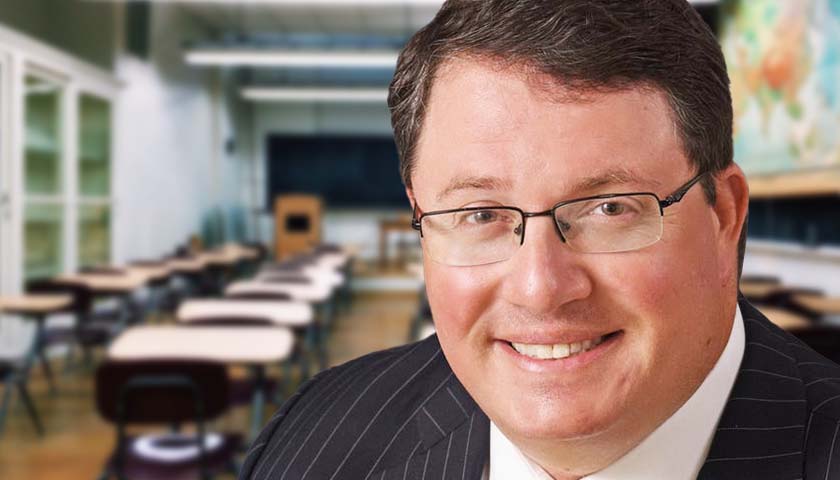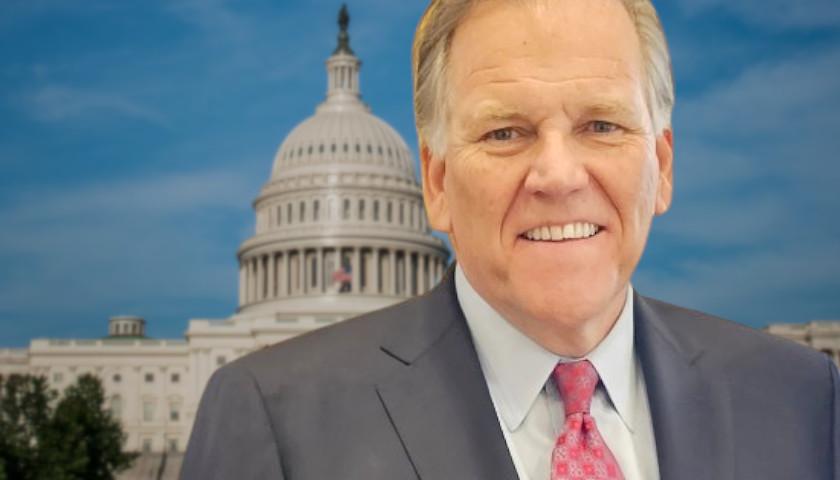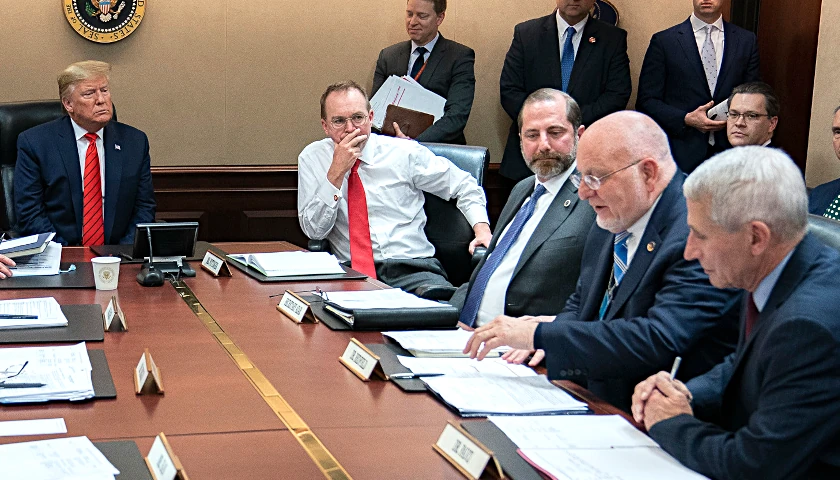A debate about whether Florida lawmakers should change the way public schools fund virtual learning has begun after virtual school numbers increased due to the COVID-19 pandemic.
In an interview with the News Service of Florida, Florida House PreK-12 Appropriations Chairman, Randy Fine, addressed the concern Florida education lawmakers are facing.
“It is a fair question that a 45-year-old funding formula that was designed in a world of zero school choice of any kind, not choice schools, not charter schools, not virtual schools, not private schools, it was ‘you will go to your neighborhood school and like it,’ does that funding formula still work in a world where more and more families are availing themselves of choice? I would argue that it doesn’t,” Fine said on Thursday.
The school choices Fine discusses includes the state’s largest and oldest online school provider in Florida Virtual school where students can either learn part-time or full-time online, as well as public and charter schools that have created their own virtual school based off the Florida Virtual School model.
While Florida Virtual School does not set boundaries to limit the number of out-of-district students enrolled in a specific school, Florida lawmakers did. During the last legislative session that ended in April, Florida legislators limited the number of out-of-district students allowed to enroll with HB 5101.
While HB 5101 was used to eliminate counties from having a majority of its student population from other counties or districts, the legislation did not include virtual school contracts that were written before June 30. Meaning, some schools still are facing issues regarding out-of-district students taking up the majority of the virtual school enrollment, even after the legislation was passed.
In his interview, Fine provided an example to the News Service, in which he said that Hendry County school district had 96% of virtual school students being from another county or district. Fine drew attention to Hendry County specifically to highlight the issues with the Florida Education Finance Program, or FEFP.
“Students are funded by state and local funds. Every one of those (virtual) students that’s coming to Hendry County from another county is bringing their state funds with them, but they’re not bringing their local funds with them. So, Hendry local funds are having to be spent over many more students than there are actually families being taxed in Hendry County,” Fine said.
Fine added that he believes that virtual school education should be run by the state and should be “centralized.”
“Should virtual schools be run through school districts where students have to be laundered? Or should this be centralized and done on a statewide level?,” Fine retorted.
In conclusion, Fine said that the FEFP will be a focus in the upcoming legislative session of 2022 that starts on January 11th, but says what they are going to do about it “remains to be seen.”
– – –
Casey Owens is a contributing writer for The Florida Capital Star. Follow him on Twitter at @cowensreports. Email tips to [email protected].
Photo “Randy Fine” by Florida House of Representatives. Background Photo “Classroom” by Wokandapix.




